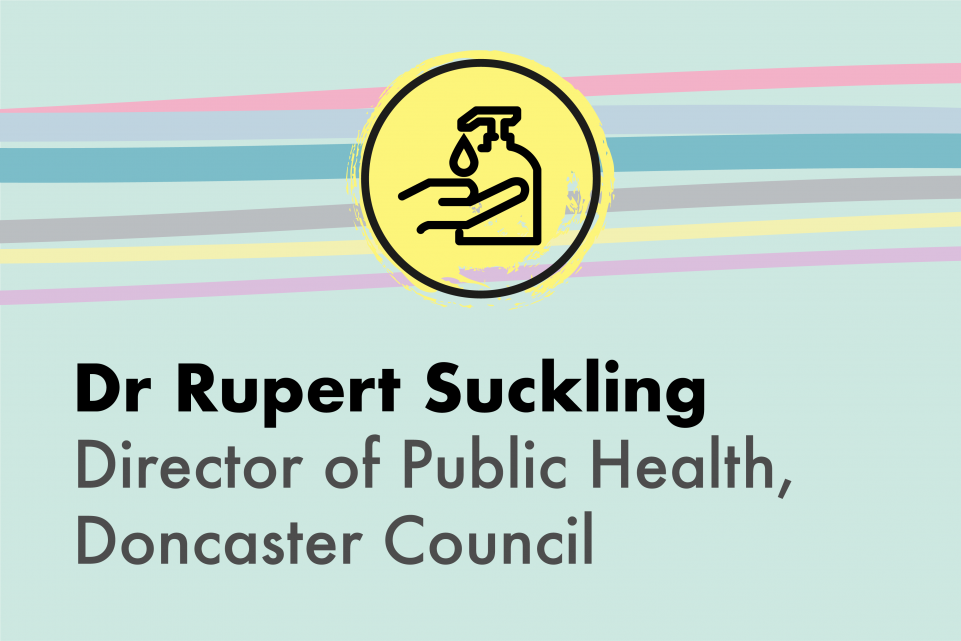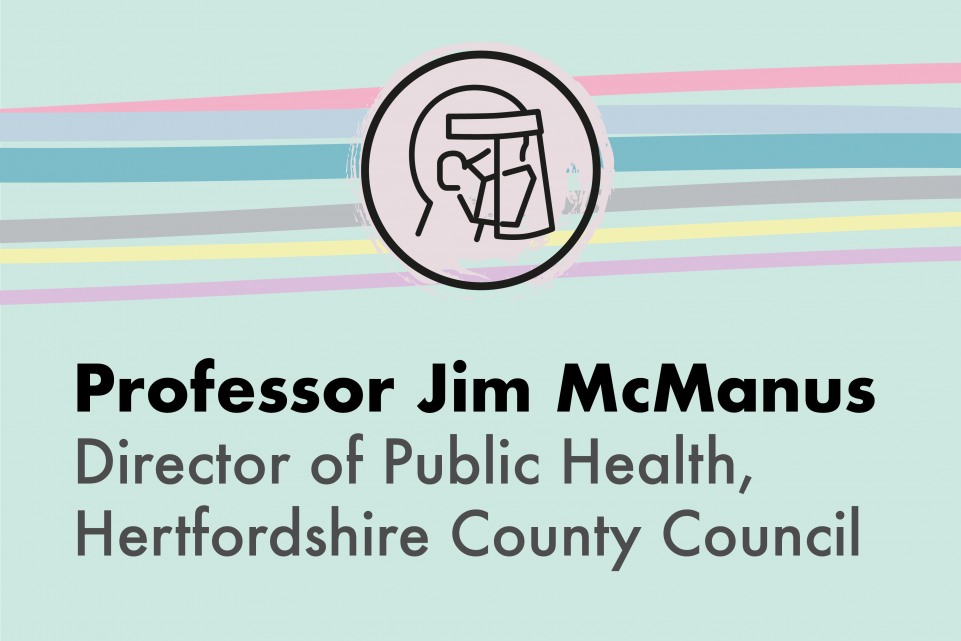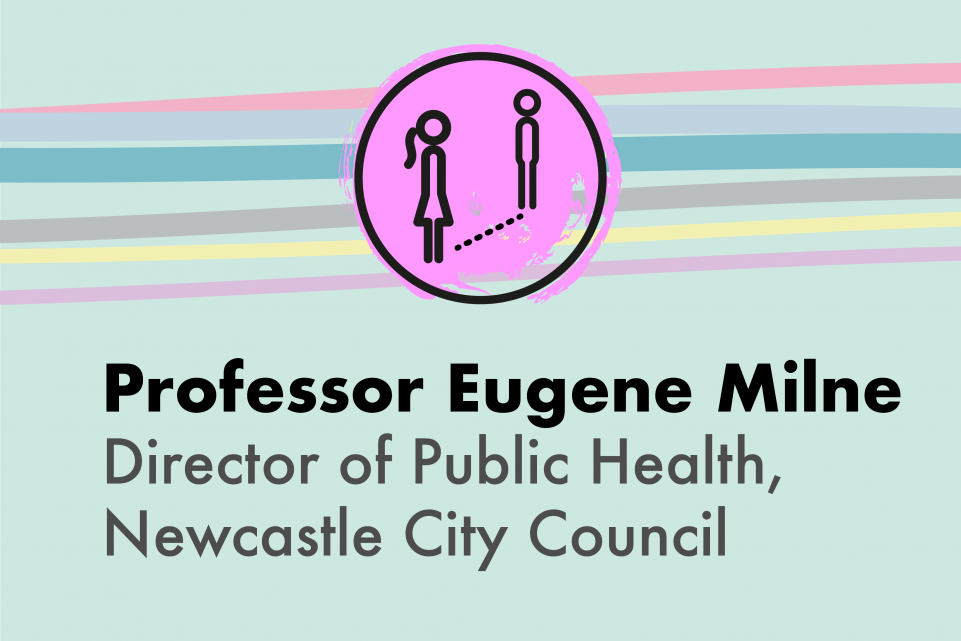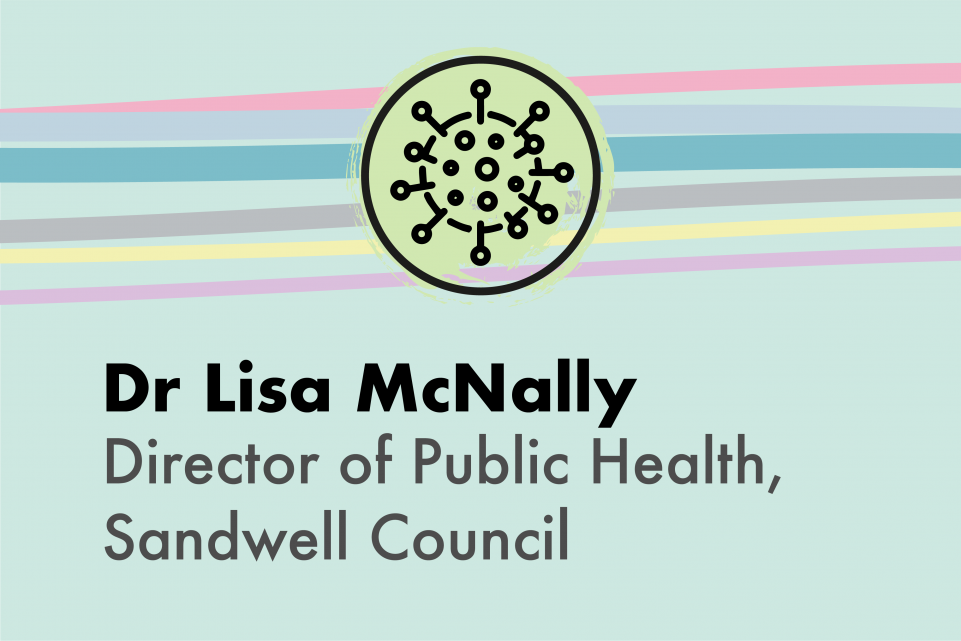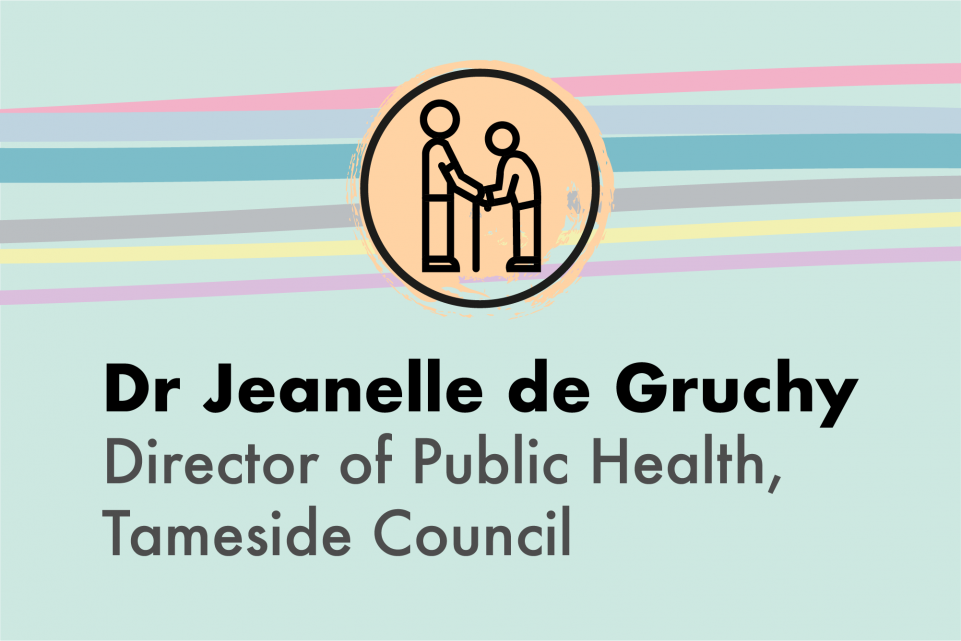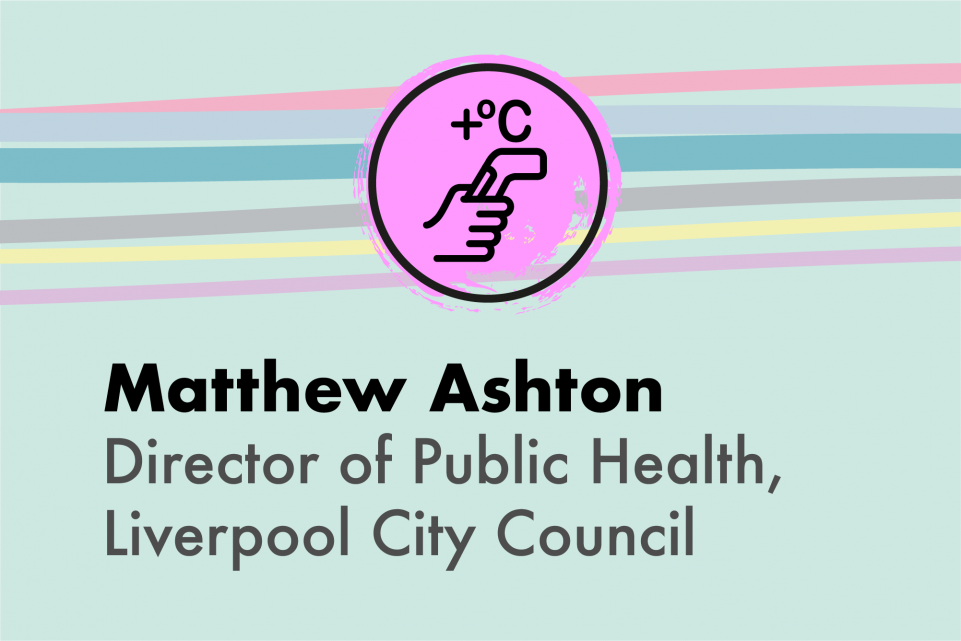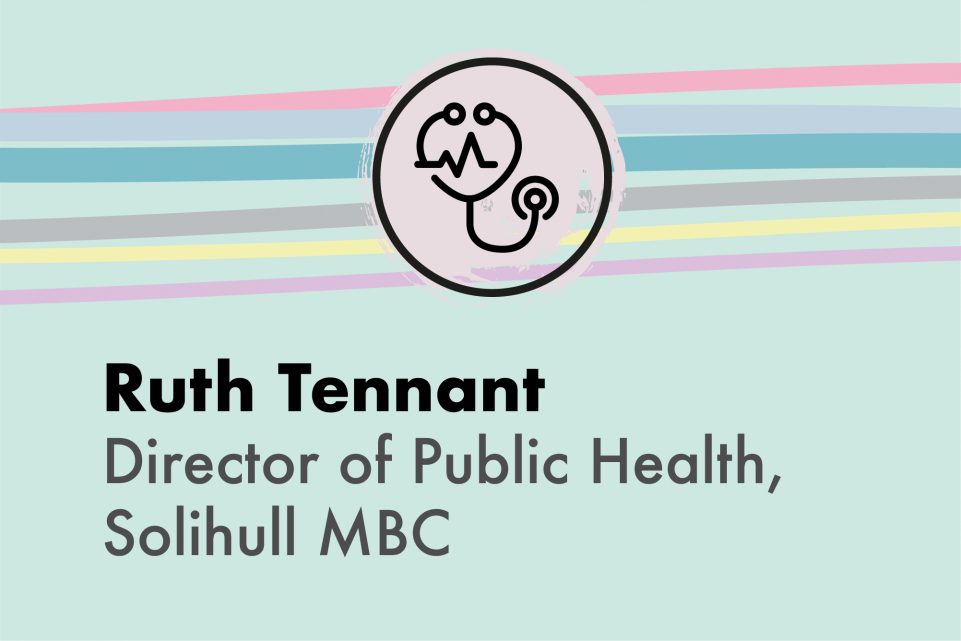Interview with Greg Fell, Sheffield City Council Director of Public Health.
This is the fifth in a series of interviews with public health directors, published on 7 May 2020.
In the early days of the coronavirus outbreak, it looked like Sheffield was going to be a hotspot for the virus. It had one of the highest rates of infection and media reports began to speculate what might be happening in the city.
But, as is so often with the pandemic, not everything was at it seems. The city’s hospital had been proactive and started testing its staff. The high infection rates were simply a consequence of more people than normal being tested.
Sheffield City Council Director of Public Health Greg Fell said: “Testing hospital staff was obviously the right thing to do – it meant staff did not have to go into self-isolation if they or a household member developed symptoms but they were not actually infected.
“I had to spend a day or so talking to the media and on radio. We put out press releases. We got the message out there and everyone began to understand why this was happening.
“You have to react quickly and explain. The way you communicate and provide public information is crucial, especially during this stage of the pandemic.”
How councils are ‘stitching’ response together
Aside from communication, Mr Fell said he had spent a lot of his efforts so far in trying to “stitch” together different elements of the pandemic response whether it be on PPE, volunteering or testing because of a disconnect between how policy is formed nationally and how it is implemented on the ground.
“Take the stuff with shielding, in early days we were not sure what support was going to be provided by national government so we got on with it locally, with our neighbourhoods and local voluntary sector. We got there, but we had to join the dots ourselves.”
In fact, the response of the local community was so overwhelming that the council has been able to set up different cohorts of volunteers to work in different areas, from adult social care to delivering food and medicines to vulnerable people. But despite this work, the council is still unclear how it can tap into the national bank of volunteers recruited by central government.
Managing the PPE shortage
Working with care homes has also been a big focus – and in particular looking to manage the shortage of PPE available in the community.
Mr Fell said: “Our infection control nurses have been providing regular advice. We’ve been making clear what is and isn’t appropriate. I heard of a care home still doing a bingo afternoon at one point.
“We have also done a lot of work helping explain the PPE guidance – and not just to care homes but other areas too like learning disability nurses, children’s social care and the homelessness service.
“We have provided help over prioritisation of working practices. There are ways you can minimise the use of PPE. For example, if an engineer is going into someone’s house with symptoms, we want them to ask: ‘does the boiler need checking in that particular week’ or ‘can Mrs Smith be somewhere else in the house so she has no contact?’
“We have also developed mutual aid arrangements across South Yorkshire, with the police and the other councils. If they run out of something and someone else has lots of it we can supply it.”
Mr Fell said the wider testing regime “concerns” him too. There has been no overall coordination. We have the drive-thru site at Doncaster Airport. But it is 20 or 30 miles away for some social care staff. If they don’t have a car how do they get there?
“We need to work out a better approach. There are a number of different organisations in this testing space – it’s just unclear how it’s being coordinated.”
Councils ‘need to be involved more’
The solution to much of this, he believes, is a greater trust in local government. “Central government cannot have insight into the local mechanics of Sheffield, Manchester or Reading. That local knowledge lies with councils.
“Central government should be setting some rules, but we need to have some local government implementation, which we don’t currently have.
“There is a disconnect between how policy is formulated and how it is implemented. I think we need to get more local involvement formulation – and that means bringing bodies like the Association of Directors of Public Health and Association of Directors of Adult Social Services into this.
“I really don’t want to be critical of anyone - people are working very hard and trying their best – but we can improve on how we have responded to this pandemic.”
The challenge, in the coming weeks, will be establishing the contact tracing system, he said. “It is going to be very important. We need a clear strategy. Public Health England obviously has a real expertise in this – they did a lot of it at the start and did a really good job.
“In councils, environmental health officers are really good as are sexual health services staff and the TB nursing service. Directors of public health are going to key figures in helping bring the country out of lockdown – coordinating some of this and having an input. We need to ensure we are more joined up from now on.”


